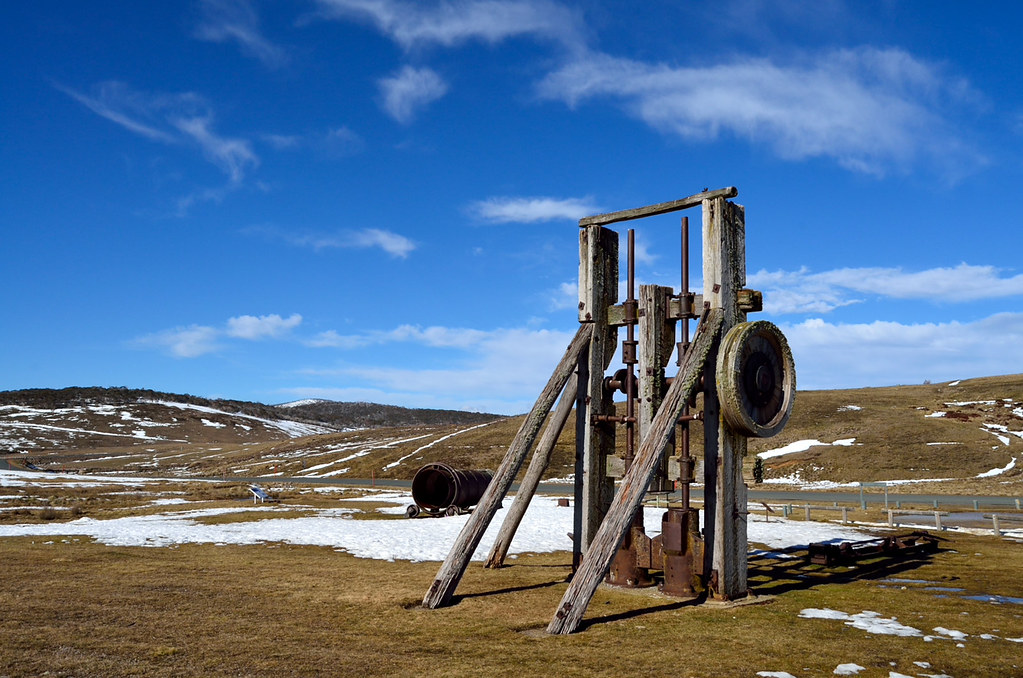BANGLADESHI BLOGS - an update
Here is another updated list of Bangladeshi Blogs:
* The 3rd world view-Bangladesh
* Mac's Blog -Bangladesh
* The color of rain -UK
* Close your eyes & try to see- Bangladesh
* Bongo Vongo -UK
* MoodLogic -Bangladesh
* Inspirations and creative thoughts - Singapore
* Dak Bangla Intelligence Scan - Bangladesh
* Bring your own Shisha - UK
* A sneak peek into Yawar's mind - Malaysia
* Imtiaz's WeBlog - Bangladesh
* Lungis.com - Modern Lungis for modern deshi man -USA
* LiveJournal Bangladesh Community Blogs -Mostly USA
* Anthology -USA
* Notes From Dystopia -Bangladesh
* My World -USA
* BD Gamer- Bangladesh
* Just a blog -Canada
* Black Rose...fighting everyday... -Bangladesh
* The Drug Polar -USA
* Love U All -Bangladesh
* Live and let live -Australia
* Will you walk with me? -Bangladesh
* Sajjad's weekly blogs -USA
* Shehab's Thoughts 2 -USA
* Always Think Positive -UK
* Tushar Chowdhury's Blog! -UK -with links of many other categorical blogs
* Bangladesh Politics -Bangladesh
* Ex Nihilo -Bangladesh
* >Insert Clever Title Here< -Canada
* Crazy Islam -Netherlands
* Banglapundit(In Bangla) -Bangladesh
* Ashik -USA
* Bid Cronicles -Canada
* Ipshita’s Blog -Canada
* A sunshine too brief -Canada
* Scarlet Thisbe - USA
* Shakeer & Company (Group Blog) -USA
* Note to self - USA
* I look I see -Bangladesh
* Busy Minds in a lazy shell - Bangladesh
* Simplicity Refused - USA
* Tanya in Cyberspace - USA
* Hmmm - USA
* My thoughts - USA
* A Life to be lived - Bangladesh
* The Song of my life - Bangladesh
* Mudphud Chickness - USA
* Feerozac -My Blog -UK
* Gene Expression (Group Blog including Razib) -USA
* Electric Blues -USA
* The Desh in Me -USA
* Glittergirl -Singapore
* Blu3crash v 8.0 -USA
* Ullah.net -Canada
* Future Bangla Network - Bangladesh
* Black & Grey - Bangladesh
* Adda - Bangladesh
* Tanim's Net Zone - Bangladesh
* Of the world and boiled eggs - Bangladesh
* Tasneem Khalil - Bangladesh
* Me, myself and Bangladesh - UK
* Tickling Beauty
* Nayma's Blog - USA
* Vacuum out, the vacuum within - Bangladesh
* Slightly Absurd, Clearly Ambiguous - Canada
* Dotcom Underground Blog - Bangladesh
* Me & Myself - Bangladesh
* My Golden Bengal - Bangladesh
* Non-existent, imaginative and irrelevant journal
* Perpetual ramblings of a lifelong nomad - USA
* Nana Chinta Nana Bhabna - Bangladesh
* Meherunnissa’s Xanga Site
* Life or something like that - Bangladesh
Blogs by persons of Non Bangladesh Origin on their experiences in Bangladesh:
* A Whisper from the heart
* Root: Adventure in Bangladesh
* Ronny reist rum -Auf Deutsch
* Bangers & Mash
* Bangladesh Backchat
* Dhaka Diary
* Bideshi Blonde
* Bangladesh Rocks
Blogs by other Bengalis of Indian Origin:
* Niraj Agarwalla-USA
* The Kolkata Libertarian-USA
* Notes from France is now from India -By Sukanya
* Null Pointer -India
Some notable Bangladeshi girl photoblogs:
* Nazzina
* Rings
List of Blogs in Bangla script maintained by Debashish
* বাংলা ব্লগস্
Kindly note that this list is not complete and I would appreciate if you could inform me about more Bangladeshi Blogs.
Last updated on: June 7, 2005 (arranged in no particular order)
Technocrati tags: Bangladesh, Bangladeshi blogs
Here is another updated list of Bangladeshi Blogs:
* The 3rd world view-Bangladesh
* Mac's Blog -Bangladesh
* The color of rain -UK
* Close your eyes & try to see- Bangladesh
* Bongo Vongo -UK
* MoodLogic -Bangladesh
* Inspirations and creative thoughts - Singapore
* Dak Bangla Intelligence Scan - Bangladesh
* Bring your own Shisha - UK
* A sneak peek into Yawar's mind - Malaysia
* Imtiaz's WeBlog - Bangladesh
* Lungis.com - Modern Lungis for modern deshi man -USA
* LiveJournal Bangladesh Community Blogs -Mostly USA
* Anthology -USA
* Notes From Dystopia -Bangladesh
* My World -USA
* BD Gamer- Bangladesh
* Just a blog -Canada
* Black Rose...fighting everyday... -Bangladesh
* The Drug Polar -USA
* Love U All -Bangladesh
* Live and let live -Australia
* Will you walk with me? -Bangladesh
* Sajjad's weekly blogs -USA
* Shehab's Thoughts 2 -USA
* Always Think Positive -UK
* Tushar Chowdhury's Blog! -UK -with links of many other categorical blogs
* Bangladesh Politics -Bangladesh
* Ex Nihilo -Bangladesh
* >Insert Clever Title Here< -Canada
* Crazy Islam -Netherlands
* Banglapundit(In Bangla) -Bangladesh
* Ashik -USA
* Bid Cronicles -Canada
* Ipshita’s Blog -Canada
* A sunshine too brief -Canada
* Scarlet Thisbe - USA
* Shakeer & Company (Group Blog) -USA
* Note to self - USA
* I look I see -Bangladesh
* Busy Minds in a lazy shell - Bangladesh
* Simplicity Refused - USA
* Tanya in Cyberspace - USA
* Hmmm - USA
* My thoughts - USA
* A Life to be lived - Bangladesh
* The Song of my life - Bangladesh
* Mudphud Chickness - USA
* Feerozac -My Blog -UK
* Gene Expression (Group Blog including Razib) -USA
* Electric Blues -USA
* The Desh in Me -USA
* Glittergirl -Singapore
* Blu3crash v 8.0 -USA
* Ullah.net -Canada
* Future Bangla Network - Bangladesh
* Black & Grey - Bangladesh
* Adda - Bangladesh
* Tanim's Net Zone - Bangladesh
* Of the world and boiled eggs - Bangladesh
* Tasneem Khalil - Bangladesh
* Me, myself and Bangladesh - UK
* Tickling Beauty
* Nayma's Blog - USA
* Vacuum out, the vacuum within - Bangladesh
* Slightly Absurd, Clearly Ambiguous - Canada
* Dotcom Underground Blog - Bangladesh
* Me & Myself - Bangladesh
* My Golden Bengal - Bangladesh
* Non-existent, imaginative and irrelevant journal
* Perpetual ramblings of a lifelong nomad - USA
* Nana Chinta Nana Bhabna - Bangladesh
* Meherunnissa’s Xanga Site
* Life or something like that - Bangladesh
Blogs by persons of Non Bangladesh Origin on their experiences in Bangladesh:
* A Whisper from the heart
* Root: Adventure in Bangladesh
* Ronny reist rum -Auf Deutsch
* Bangers & Mash
* Bangladesh Backchat
* Dhaka Diary
* Bideshi Blonde
* Bangladesh Rocks
Blogs by other Bengalis of Indian Origin:
* Niraj Agarwalla-USA
* The Kolkata Libertarian-USA
* Notes from France is now from India -By Sukanya
* Null Pointer -India
Some notable Bangladeshi girl photoblogs:
* Nazzina
* Rings
List of Blogs in Bangla script maintained by Debashish
* বাংলা ব্লগস্
Kindly note that this list is not complete and I would appreciate if you could inform me about more Bangladeshi Blogs.
Last updated on: June 7, 2005 (arranged in no particular order)
Technocrati tags: Bangladesh, Bangladeshi blogs















